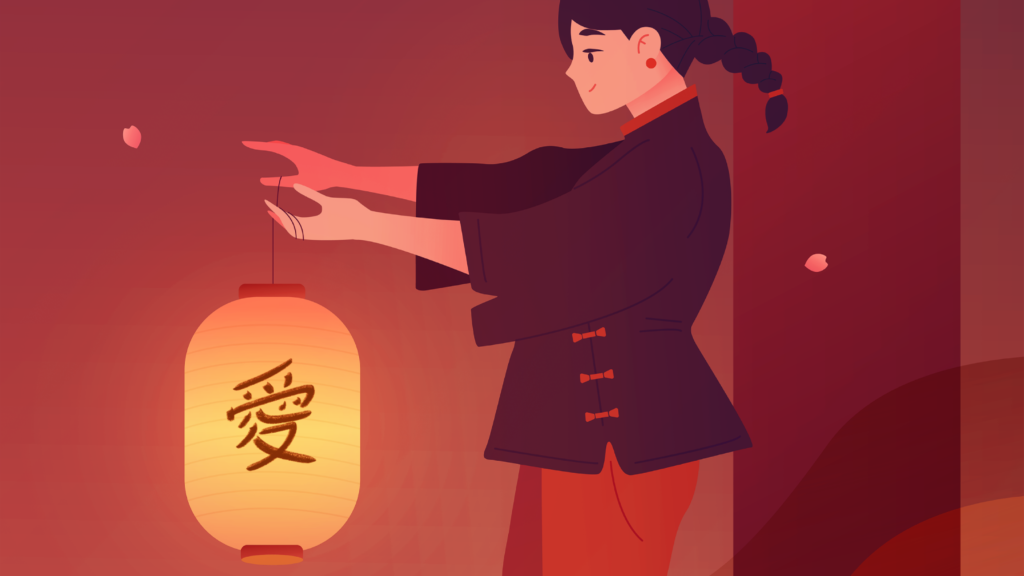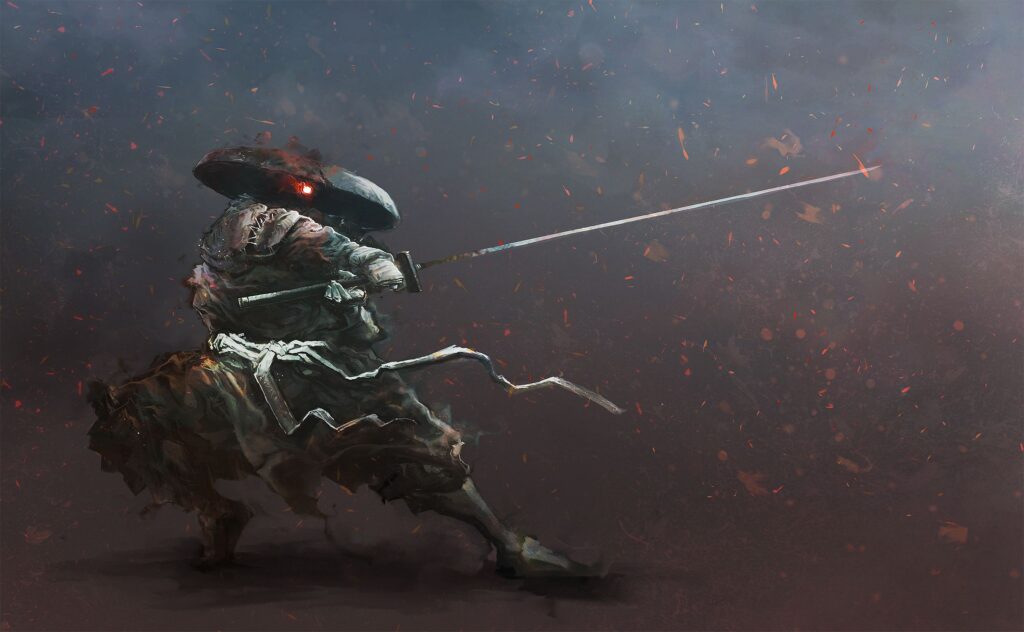Hitler was directly responsible for the death of over 11 million people—that’s the combined population of Finland and Norway. Despite his ego-fueled bloodlust, his ideology in Mein Kampf remains a bestseller almost 80 years after his timely suicide. People with swastika avatars will never fail to remind you: Hitler did nothing wrong.
We have an innate tendency to dissociate evil people from the horrors they commit against other humans. Drug lords and serial killers develop cult followings; we call our delinquent friends Capone, while the elusive ones are fondly known as Osama.
But our attraction for villainous characters is a reflection of our suppressed shadows. We all harbor evil thoughts we cannot share in civilized society for fear of losing our jobs or landing in jail. So, we bottle up these ideas, waiting for a perfect opportunity to express our shadows.
Our collective gaze points to the black boxes in the living room as we look for an escape. We live vicariously through TV villains because they are an expression of suppressed parts of us. Even if these on-screen scoundrels brutally murder innocents for sport, we cling to their perceived oppression and craftily narrated sob stories to justify our admiration for them, telling ourselves that it is just a movie. That’s why we love the Joker.
Contrast that with Batman. Some quarters of the internet dislike him for being wealthy, boring, and bland. He comes from privilege and lacks any appreciation of the trenches. Even though he sticks to his cardinal rule of never killing criminals, people still find his righteous demeanor tiring. We see him as the depiction of morality—a chore we must shoulder until we die.
It’s always been like this. Remember how we disliked straight-arrow kids in school? We gave them death stares whenever they tried to remind the Maths teacher about the forgotten homework. We hold the same dose of disdain for social justice warriors and the internet moral police. Their sanctimonious approach to morally-complicated problems has turned them into mere parodies, as they scream at the sky and deface classical artifacts.
But at the same time, we pedestalize bad boys and jocks. Their love for adventure draws an inexplicable sense of admiration. That’s the only way to explain why women are fawning over Joe from You. Joe is the kind of guy you wouldn’t want in your hood, but there’s just something about the way he stalks and kills people that makes women love him more.
We are all victims of the Halo Effect. Our mind associates attractiveness with likability and morality. That’s why you will never see an ugly picture of Jesus—and the same reason they won’t admit that he was ever tan or black, because blackness is tantamount to darkness, death, and destruction. Give us a pale-skinned, blue-eyed Jesus.
Hollywood knows this too; that’s why every show stars attractive, charismatic villains. Picturing the devil with his horns and pitchfork makes us shudder, yet we can easily root for Lucifer Morningstar because he dresses well and has a funny accent. If Brad Pitt plays the devil, then I’m on the highway to hell.
Another reason we relate to evil people is that screenwriters make us empathize with them. We know they are evil, but we understand their struggle. We see ourselves in them because society has also kicked us in the groin with a metal shoe. Even if the Joker was too unhinged for our appreciation, we enjoyed watching Jon Wick murder people because they harmed his dog. We rooted for him because we understand the pain of losing something dear to us. Besides, he is doing a righteous service by killing other bad people.
We dream of leaving our jobs and joining the Fight Club or becoming the Wolf of Wall Street. Like Mr. Robot, we want to hack big corporations because they have ruined many lives. We are this close to Breaking Bad, but we just lack the chops to become competent villains.
On the flip side, we despise brutal, soulless villains because we don’t see anything in common with them. Since there is no redeeming quality, it is easy for us to take the moral high ground. Voldemort is ugly and terrifying, so his story doesn’t matter. Scar and his hyenas are extremely unlikeable; they killed Mufasa. We hated Darth Vader at first until we heard his tear-jerking origin story—but he is too evil and powerful to draw our empathy.
Away from the screen, we idolize Chapo Guzman and Pablo Escobar. Che Guevara t-shirts make us feel like some pseudo-revolutionists. We champion Putin as this badass leader. These men might be murderous psychopaths with a misguided savior complex, but we pretend to see the point in their shenanigans.
Another reason we buy into charismatic criminals is nostalgia. Though commonly associated with good memories, nostalgia can also come from bad memories. We long for the good old days, forgetting the hardships they went through. That’s why some still want to go back to the days of Stalin in the Soviet Union.
This blatant aloofness is a privilege for those who have never known any socio-cultural adversity. It is easier to worship tyrants when you are detached from the consequences of their bloody machinations. The person with a tyrant’s foot on their neck will never see the romanticism in their vision. If your teenage daughter dies from a stray bullet in Sinaloa, you won’t call El Chapo to share your support for his movement.
As for those who idolize Jeffery Dahmer and Ted Bundy, you people are unwell. The condition is hybristophilia—the urge to have sex with convicted criminals. The same criminals that raped and mutilated people that look exactly like you. You people need help.





Does this explain why ladies prefer the bad boys?
Does this explain why ladies prefer the bad boys?
I think it does to an extent. Humans, on average, crave the thrill of adventure — something out of the ordinary. So I guess the rush of being with “bad boys” plays on that innate urge to experience the extraordinary.